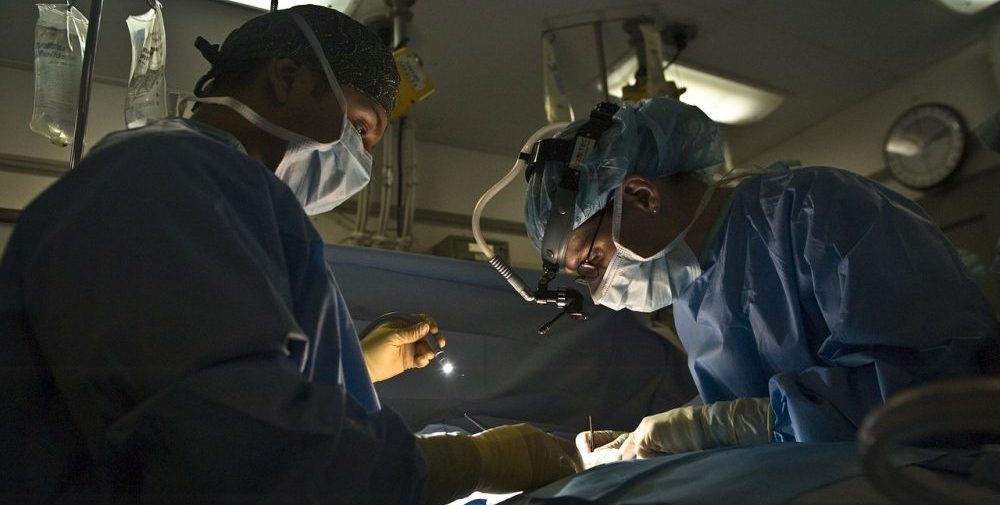If you do not do anything about the plaque and tartar that form on your teeth, you allow oral bacteria to flourish. If this happens, your gums may deteriorate. They become easily irritated and bleed easily.
If you notice your gums bleeding a bit when you eat or brush your teeth, then note that those are early signs of gingivitis or gum disease.
Your dentist may recommend oral hygiene practices, and teach you how to brush and floss your teeth properly to get rid of plaque. They may recommend that you use an antibacterial mouthwash, which contains chlorhexidine to deal with the bacteria. They are likely to scale and polish your teeth to reduce the buildup of plaque and tartar.
If you do not do anything to address gingivitis, your gums may swell right down to the foundation of your teeth. You will notice “periodontal pockets” or deep spaces between your teeth and gums. More bacteria are likely to thrive within these pockets, causing more damage.
The support structures of your teeth, the bone, may become weak and break down in time. Your teeth will eventually become loose. However, it is possible for you not to feel or see symptoms of the damage. Only a dentist can see if you have gum disease, and stop it before it progresses, and does irreversible damage to your teeth.
If the gum disease is still at its early stages, your dentist will do scaling and root planing, special cleaning treatments intended to stop gum disease before it gets worse. Scaling removes the plaque and tartar that have formed around the teeth. Root planing makes the root surfaces smooth, and gets rid of infected tooth structures. Your dentist will use antimicrobial or antibiotic cream to help alleviate the discomfort, and promote quick and healthy healing.
With the first stages of gum disease, proper daily cleaning, thorough brushing and flossing, the use of an antibacterial mouthwash, and scaling and root planing will provide satisfactory results.
If you have an advanced case of gum disease, your dentist may recommend deep cleaning requiring surgery. This is also referred to as periodontal therapy.
Your dentist will cut the gums open. Sometimes, they will use a laser to do this, and remove the tough plaque that may have accumulated in the spaces between the gums and the teeth. They will also re-contour the tissues if there is extensive damage to the bone.
The dentist will then smooth out the root surfaces, and change the position of the gum tissue to make it easier for you to clean your teeth and gums after the procedure. Deep cleaning through periodontal therapy helps in halting the progress of gum disease, and ensures that the areas stay healthy.

